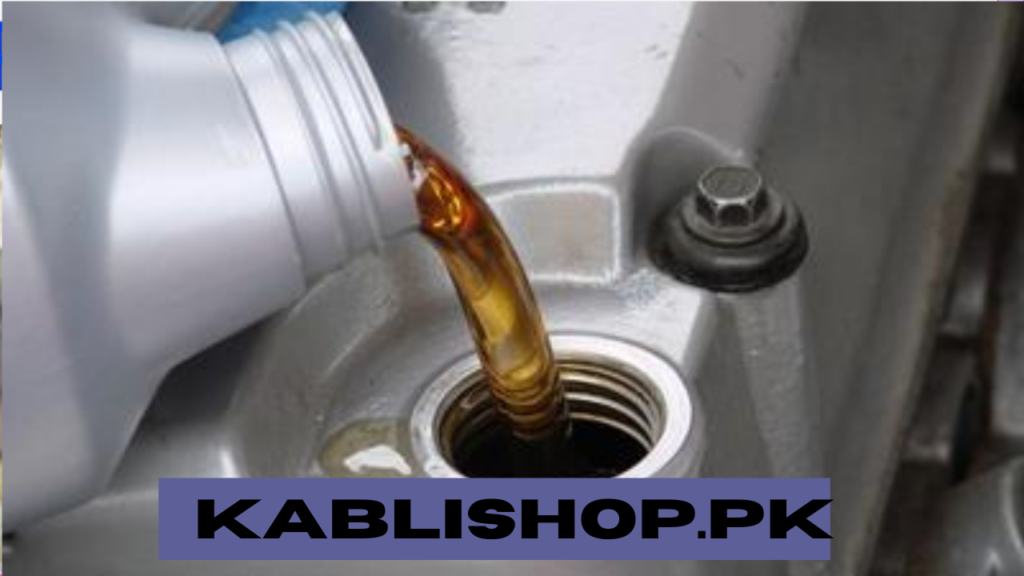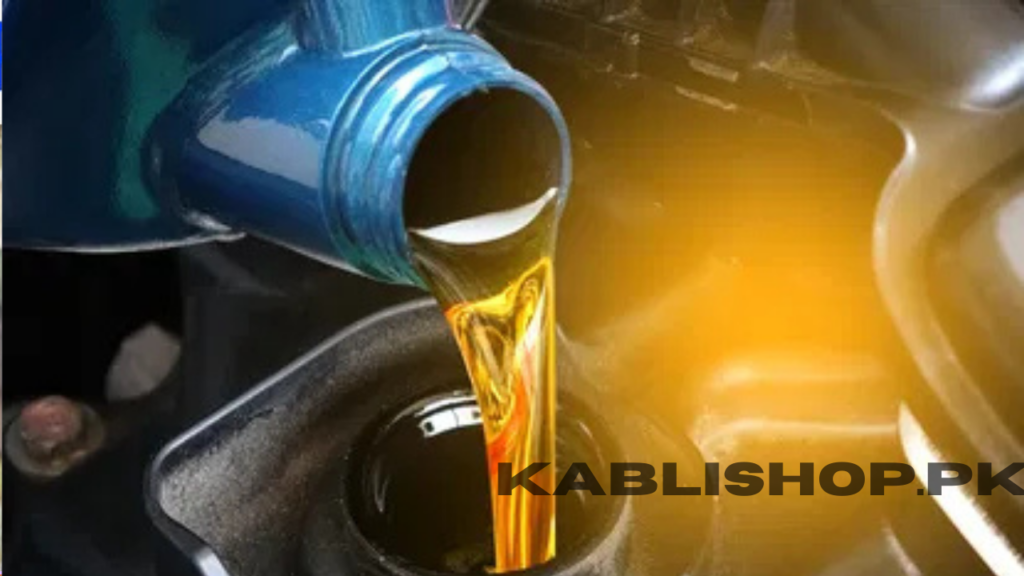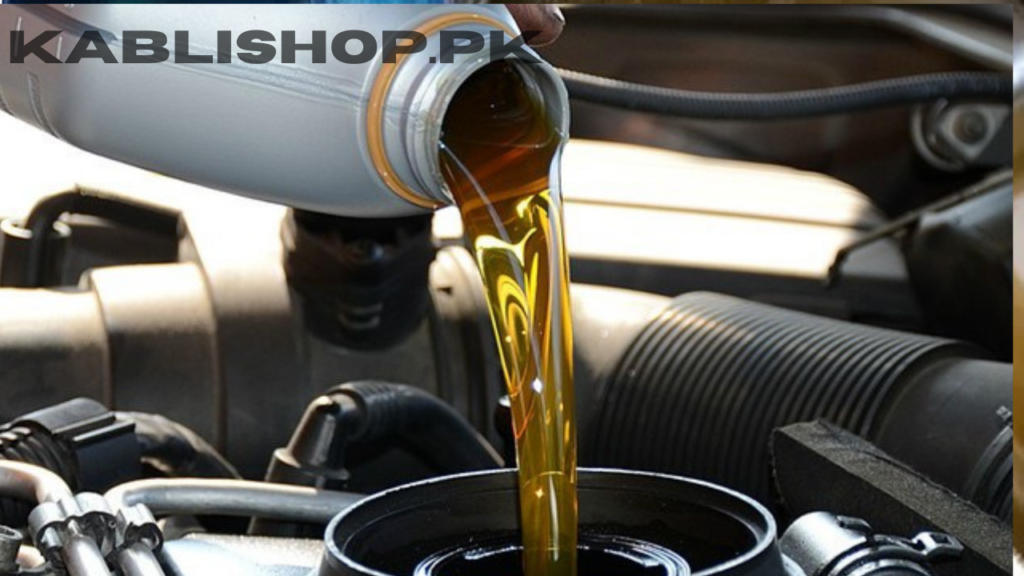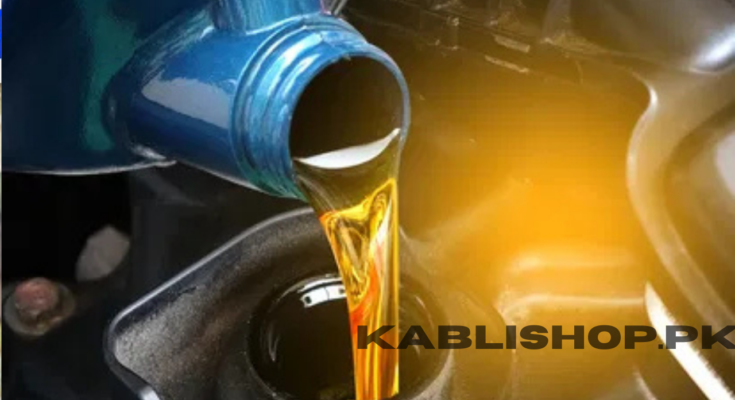Choosing the proper motor oil is vital for engine performance longevity and performance. Many drivers neglect the importance of oil viscosity and grades often selecting something is available at the shop. However the use of the incorrect oil can result in immoderate put on sludge buildup and reduced fuel economy.
This comprehensive guide breaks down the entirety you want to recognise approximately motor oil inclusive of viscosity grades and actual international case studies demonstrating the effect of choosing the right oil.
Motor oil is the lifeblood of your engine, ensuring clean operation, decreasing wear and tear, and prolonging its lifespan.
Choosing the proper motor oil is essential, but with the various alternatives to be had, it is able to be overwhelming.. Understanding viscosity oil grades and the way they effect engine performance will assist you are making an informed selection that blessings your automobile in the long run.
Table of Contents
Understanding Viscosity
Viscosity is the measure of an oil’s resistance to go with the flow. It determines how well the oil can lubricate engine additives at extraordinary temperatures. Viscosity is represented by means of a numerical cost with a “W” (which stands for winter) in the rating, which include 10W-30. This rating consists of numbers:
- The first range (earlier than the “W”) suggests the oil’s float capacity at bloodless temperatures. The lower the wide variety, the better it performs in bloodless situations.
- The second quantity represents how the oil behaves at high operating temperatures. A higher range means the oil is thicker and presents better safety at better temperatures.
Low vs. High Viscosity Oils
- Low viscosity oils (e.G., 0W-20, 5W-30) drift more without problems in cold temperatures, reducing friction and improving gas performance. They are perfect for present day engines with tight tolerances and motors working in colder climates.
- High viscosity oils (e.G., 10W-forty, 20W-50) offer higher protection at higher temperatures, making them suitable for heavy-obligation programs, older engines, and vehicles utilized in hot climates.
Choosing the right viscosity is important because an oil this is too thin may not guard engine components safely, while one this is too thick might not float well, main to accelerated wear and reduced efficiency.

Oil Grades and Their Importance
Motor oil is assessed with the aid of various companies, including the Society of Automotive Engineers (SAE) and the American Petroleum Institute (API). These classifications make sure that the oil meets enterprise standards for performance and safety.
SAE Ratings
The SAE score more often than not defines the viscosity of the oil under one-of-a-kind temperature conditions. Common viscosity grades consist of:
- 0W-20, 5W-30, and 10W-40 – Used in cutting-edge engines for stepped forward fuel efficiency and superior performance across div
- 15W-40 and 20W-50 – Typically used in older motors, excessive-mileage engines, and heavy-obligation programs in which thicker oil is wanted for introduced protection.
API and ILSAC Ratings
- API Classifications (e.G., SN, SP) indicate that the oil meets unique engine protection standards. The today’s API requirements make sure better overall performance, more advantageous engine cleanliness, and advanced gas economy.
- ILSAC Ratings (e.G., GF-6) awareness on gasoline performance and coffee emissions while making sure compatibility with superior engine technologies, which includes turbocharged and direct-injection engines.
By selecting oil with the perfect SAE and API rankings, you ensure that your engine receives the right lubrication and protection, main to a longer engine life and foremost performance.
Factors to Consider When Choosing Motor Oil
1. Manufacturer’s Recommendations
Your automobile’s proprietor’s manual is the exceptional source for figuring out the right oil viscosity and grade. Automakers behavior widespread trying out to determine the perfect oil for his or her engines, so always observe their pointers.
2. Climate and Weather Conditions
The temperature and surroundings in that you drive effect the sort of oil you have to use:
- Cold Climates: Oils with lower wintry weather viscosity (e.G., 0W-20, 5W-30) help with bloodless starts offevolved and ensure proper flow within the path of freezing temperatures.
- Hot Climates: Higher viscosity oils (e.G., 10W-40, 20W-50) provide better safety at immoderate temperatures and prevent immoderate oil thinning.
3. Vehicle Age and Mileage
Older engines and high-mileage cars may additionally require specialised motor oil:
- High-mileage oils: incorporate additives that help reduce oil intake, prevent leaks, and minimize engine put on.
- Synthetic blends: or complete synthetics may additionally provide higher protection for getting old engines with tired seals and gaskets.
4. Driving Habits
How you drive your car influences your oil preference:
- Frequent Short Trips: Conventional oil may not get warm sufficient to burn off contaminants, so synthetic oil is a better preference for urban using.
- Heavy Loads and Towing: Thicker oils provide greater safety for engines below heavy pressure, including towing trailers or sporting heavy hundreds.
- High-Performance Driving: Synthetic oils are recommended for sports activities cars and common popular performance automobiles due to their capability to rise up to immoderate temperatures and reduce friction.

Conventional vs. Synthetic Oil
When deciding on motor oil you need to pick out among traditional synthetic or mixed oils:
1. Conventional Oil
- Derived from crude oil and refined to be used in engines.
- Suitable for older cars and widespread performance needs.
- Requires greater frequent oil adjustments compared to synthetic oils.
2. Synthetic Oil
- Chemically engineered for superior performance and protection.
- Resists excessive temperatures, oxidation, and breakdown better than conventional oils.
- Extends oil exchange periods and improves fuel performance.
- Ideal for current cars and intense using situations..
3. Synthetic Blend Oil
- A combination of synthetic and conventional oil.
- Offers higher overall performance than traditional oil with out the full fee of artificial.
- A true center-floor choice for drivers in search of greater safety without switching to full artificial oil.
Benefits of Choosing the Right Motor Oil
Selecting the proper motor oil offers several benefits, which includes:
- Enhanced Engine Protection: Prevents wear and tear, decreasing the chance of engine damage.
- Improved Fuel Efficiency: Low-viscosity artificial oils lessen friction, main to higher mileage.
- Longer Engine Life: Proper lubrication reduces wear on engine additives, extending their lifespan.
- Reduced Emissions: Cleaner engine operation helps reduce harmful emissions.
- Better Cold Starts: The proper viscosity ensures clean startups in intense temperatures.
- Cost Savings: Using remarkable oil can lessen protection prices and enlarge oil exchange intervals.
How Often Should You Change Your Motor Oil?
Oil exchange durations rely upon the form of oil used, driving conditions, and manufacturer hints. General tips encompass:
- Conventional Oil: Every three,000 to 5,000 miles.
- Synthetic Blend Oil: Every 5,000 to 7,500 miles.
- Full Synthetic Oil: Every 7,500 to ten,000 miles or more.
Always discuss with your owner’s guide for particular tips. Regular oil adjustments preserve your engine clean and functioning correctly.

Conclusion
Choosing the right motor oil is critical for retaining engine performance efficiency, and longevity. By expertise viscosity SAE and API classifications, and your automobile’s particular needs you may pick out the exceptional oil to make certain most fulfilling operation.
Always observe the producer’s tips, don’t forget climate and riding behavior and choose the perfect oil kind whether or not conventional synthetic or a blend. Taking the time to pick the proper motor oil will preserve your engine running easily for years yet to come saving you cash on repairs and improving your vehicle’s usual overall performance.



